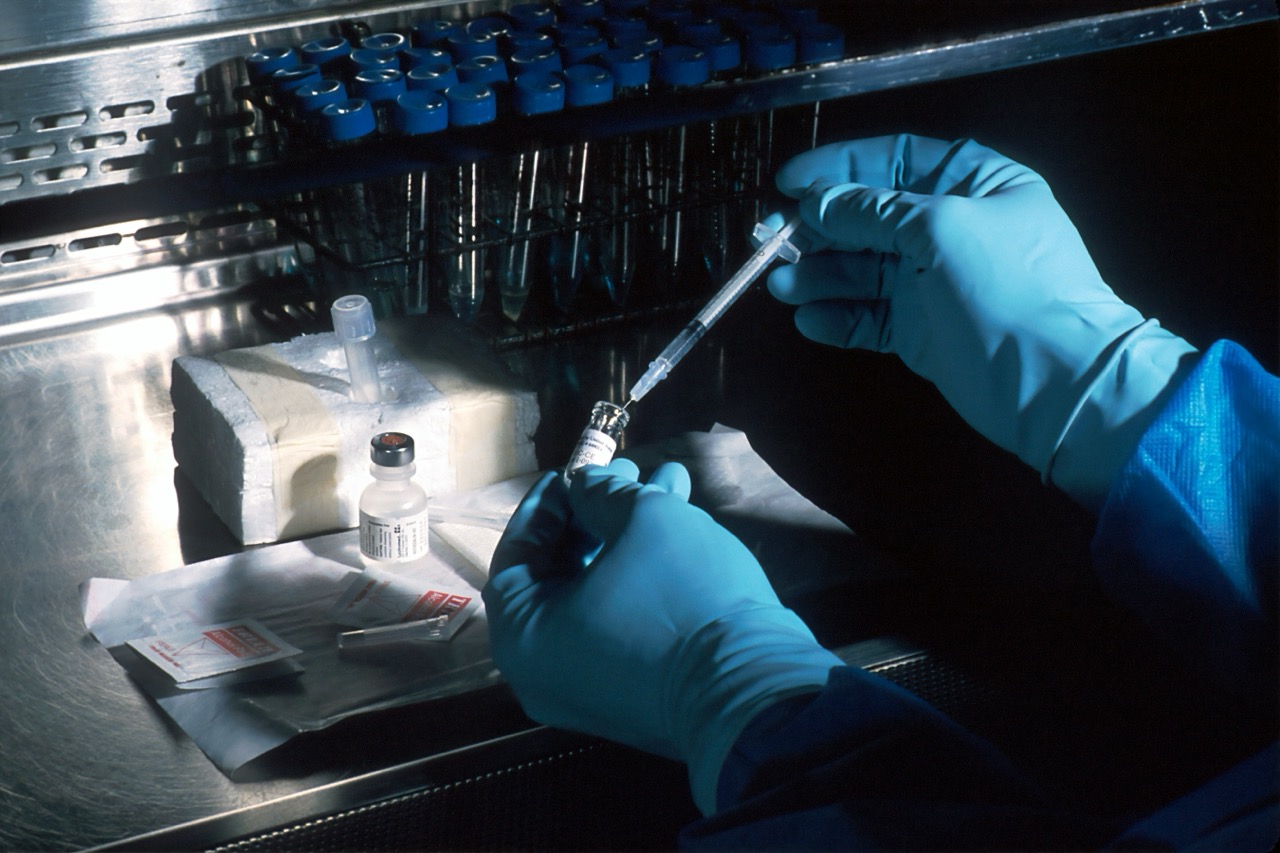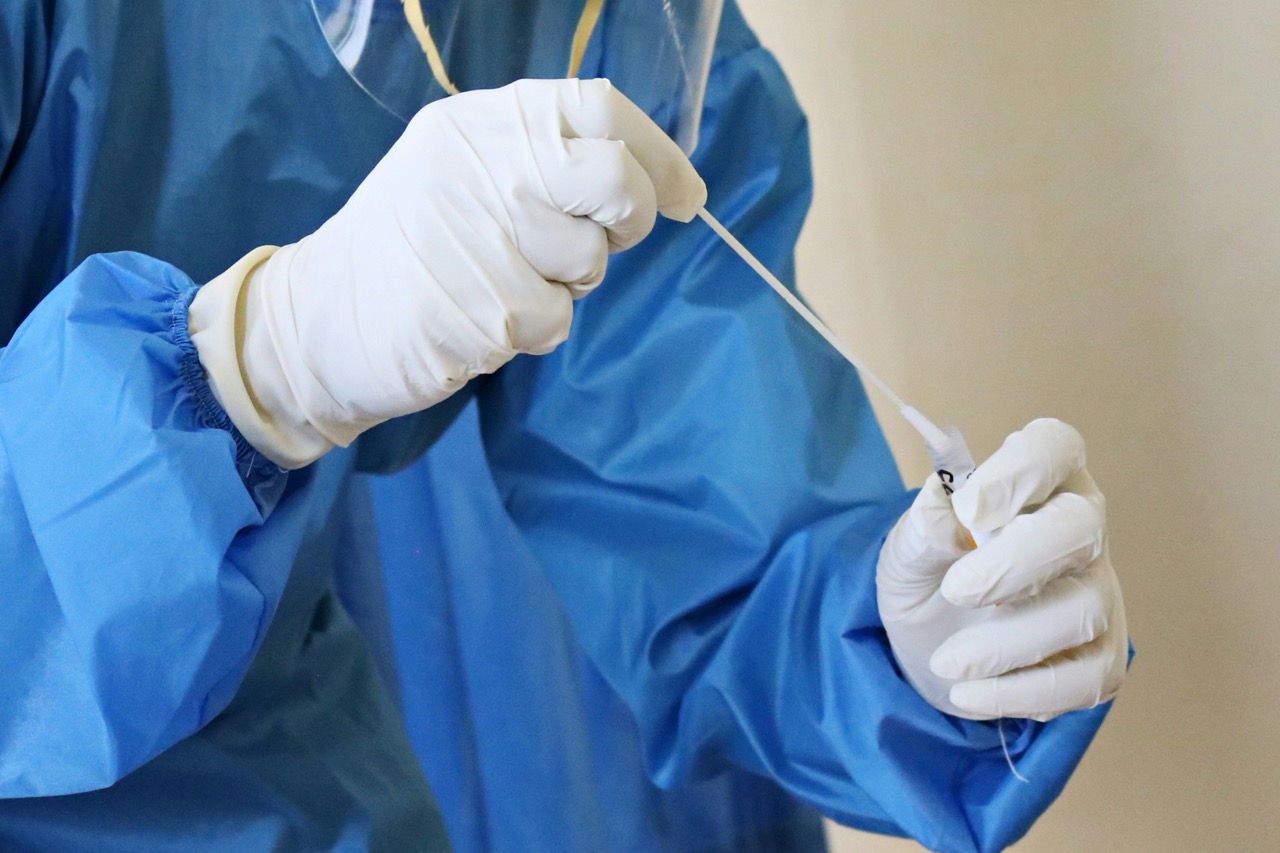Human Papillomavirus (HPV) is a widely recognized virus often associated with various health issues, particularly in relation to skin and mucosal infections. While HPV is notorious for its role in cervical cancer and other anogenital cancers, it has also been linked to conditions like warts and other benign lesions. However, the connection between HPV and other health concerns, such as hair loss, remains a subject of ongoing research and debate. This article delves into the potential relationship between HPV and hair loss, examining the virus’s mechanisms, research findings, and effective treatments available for those affected.
Understanding HPV: An Overview of the Virus and Its Effects
Human Papillomavirus is a group of more than 200 related viruses, with over 40 types capable of infecting the genital area, mouth, and throat. HPV is mainly transmitted through direct skin-to-skin contact, making it one of the most common sexually transmitted infections worldwide. While most HPV infections are asymptomatic and resolve on their own, certain strains can lead to significant health consequences, including malignancies like cervical cancer and oropharyngeal cancer. Additionally, low-risk HPV types can cause benign conditions, such as genital warts.
The effects of HPV manifest mainly through the changes it induces in host cells. The virus integrates its DNA into the host’s genome, leading to disruptions in normal cell function. This can result in hyperproliferation of epithelial cells, a factor that can contribute to the formation of warts and other benign tumors. While the immune system often successfully clears most HPV infections, chronic infections with high-risk strains can lead to persistent cell abnormalities and, ultimately, cancer. Understanding these mechanisms is crucial for elucidating any potential connections between HPV and other health issues, including hair loss.
Currently, HPV is primarily known for its effects on the skin and mucosal surfaces; however, its systemic effects on the body, particularly regarding autoimmune responses, are still being studied. Some research suggests that chronic infections could provoke immune system dysregulation, but the implications are not yet fully understood. Consequently, exploring the relationship between HPV and hair loss requires examining both the virus’s biological functions and the broader context of how viral infections can influence immune health and inflammatory conditions.
Exploring the Connection Between HPV and Hair Loss Symptoms
The relationship between HPV and hair loss is not as straightforward as it might appear. Hair loss can result from various factors, including genetics, hormonal changes, nutritional deficiencies, and autoimmune conditions. One area of interest is the potential for chronic viral infections to contribute to alopecia areata, an autoimmune disorder characterized by patchy hair loss. While HPV is not directly implicated in alopecia areata, some studies suggest that viral infections could trigger or exacerbate autoimmune responses that lead to hair loss.
Another consideration is the presence of skin lesions caused by HPV, such as warts. In certain cases, these lesions can develop in areas with hair follicles, leading to localized inflammation and, potentially, hair loss in those regions. Additionally, the psychological impact of having visible HPV-related lesions may contribute to stress-induced hair loss, which can further complicate the relationship between HPV and alopecia. It is essential to recognize that the causal pathways are multifactorial and may involve a combination of viral, immunological, and psychological factors.
Finally, it is vital to differentiate between types of hair loss. Conditions such as telogen effluvium, which is often triggered by stress, illness, or hormonal changes, may result in hair thinning following an HPV diagnosis or treatment. However, this does not imply a direct causal link between HPV and hair loss. Studies continue to explore these connections, but current evidence remains inconclusive, necessitating further investigation to clarify any potential relationships.
Current Research Findings on HPV and Hair Loss Correlation
Research exploring the connection between HPV and hair loss is still in its infancy, and much of the existing literature focuses on specific strains of the virus and their effects on skin conditions. Some studies have indicated that certain HPV types may influence the inflammatory response in hair follicles, potentially leading to hair loss in specific scenarios, such as localized infections. However, definitive evidence linking HPV directly to common forms of hair loss remains limited.
A study published in a dermatological journal examined patients with HPV-associated lesions and documented instances of hair loss in regions affected by warts. While the findings suggested a plausible link between localized infection and hair loss, they did not establish a direct causative relationship. Researchers emphasized the need for larger, more comprehensive studies to confirm these initial observations and to explore the underlying mechanisms involved. The complexity of hair loss, influenced by numerous factors, further complicates establishing a direct correlation.
In summary, while there are anecdotal reports and initial research suggesting a potential connection between HPV and hair loss, robust scientific evidence is lacking. The current studies provide a foundation for further exploration, but they also highlight the necessity of considering various confounding factors, including genetics, immune response, and stress levels. Continued research efforts are essential to better understand the nuances of this relationship and to potentially inform treatment approaches.
Effective Treatments for HPV and Managing Hair Loss Concerns
When it comes to treating HPV, the approach largely depends on the type of HPV infection present. For benign lesions such as warts, topical treatments, cryotherapy, and surgical removal are common methods employed to eliminate visible symptoms. In cases where high-risk HPV strains are involved, regular screening and monitoring are essential to detect any precancerous changes early. Vaccination against HPV is also a critical preventive measure that can significantly reduce the risks associated with high-risk strains.
For individuals experiencing hair loss, treatment options differ based on the underlying cause. If hair loss is linked to stress or an autoimmune response, therapies may include corticosteroids or other immunosuppressive medications aimed at reducing inflammation and promoting hair regrowth. Additionally, over-the-counter treatments like minoxidil can be beneficial for certain types of hair loss, such as androgenetic alopecia. It is crucial to consult a healthcare provider to determine the most appropriate treatment plan tailored to an individual’s specific needs and conditions.
Lastly, addressing the psychological impact of both HPV and hair loss is essential. Support groups, counseling, and stress management techniques can help individuals cope with the emotional challenges associated with these conditions. A holistic approach, which incorporates medical treatment, psychological support, and lifestyle modifications, can be particularly effective in managing the concerns related to HPV and hair loss. Educating patients about their conditions and available treatment options is crucial in promoting overall well-being.
In conclusion, while the potential link between HPV and hair loss is an intriguing area of study, current research remains inconclusive. HPV’s well-documented effects on skin health and its viral mechanisms warrant further exploration to understand any indirect connections to hair loss. As our knowledge of HPV and its implications evolves, so too will the strategies for managing both HPV-related health concerns and associated hair loss. Continued research is essential in clarifying these relationships, ultimately leading to more effective treatment and support for those affected.










